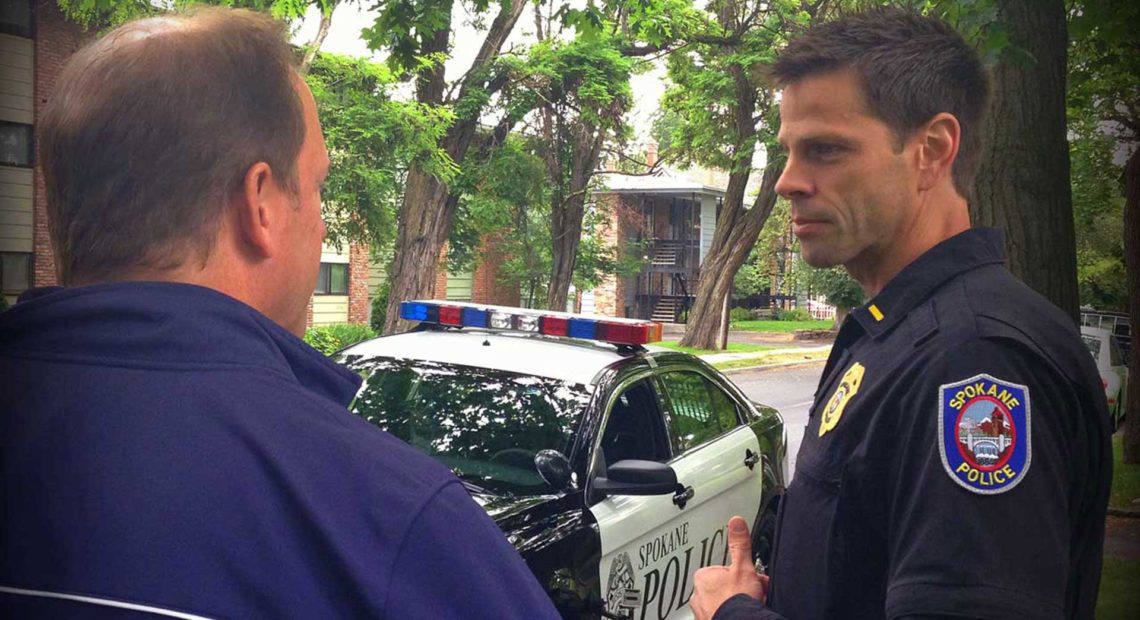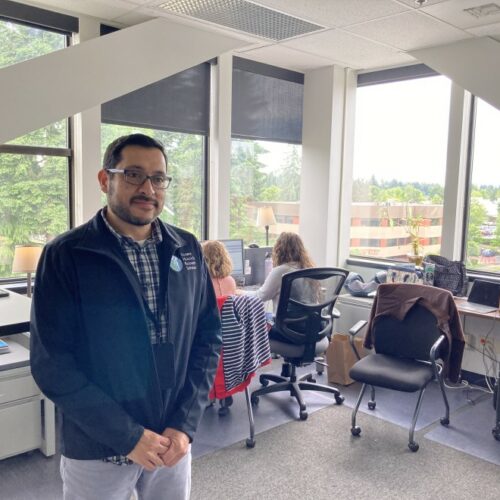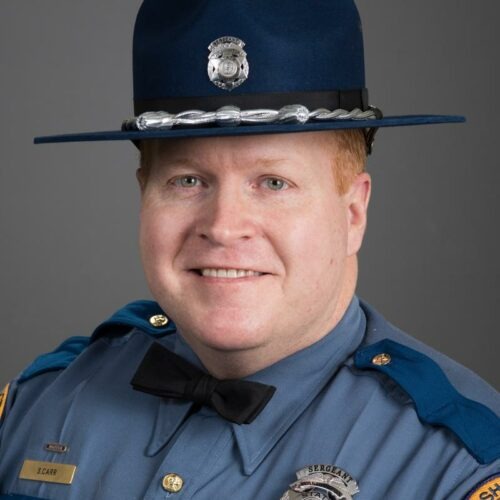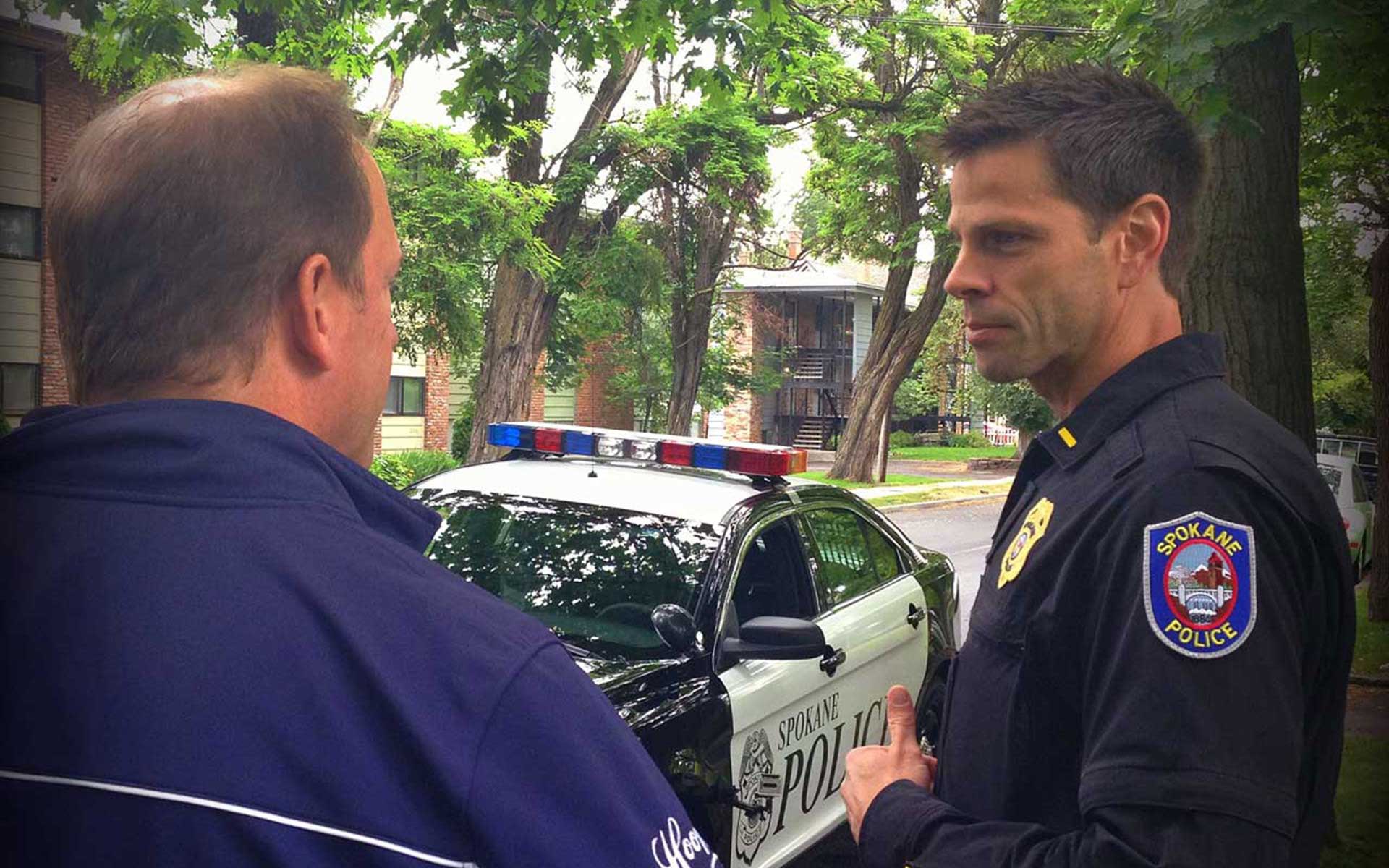
Spokane City Council Restricts Reality-Based Police TV Programs
Listen
The Spokane City Council has imposed new rules on TV production companies whose photographers ride along with police officers within the city. The vote was five-to-one and came after a debate about the value of reality TV programs and the messages they reinforce.
The ordinance would not ban reality TV shows from shooting footage of police officers and arrests in Spokane, but it would require companies that film within the city limits to buy a business license. They would have to carry up to a million dollars in liability insurance. And companies would be required to get written consent from the people they film.
That last provision was mentioned by many who spoke for the ordinance, including Cynthia Fine.
“I believe it is wrong to present as entertainment the actions of people who may be having the worst day of their lives,” Fine said. “To profit off the sadness, illness or just plain bad behavior of others is really shameful.”
Others said reality police programs perpetuate racial stereotypes. Blacks and other non-whites commit the crimes and whites catch them, a point made by Devin Wilson.
“This parade of people of color, people of disabilities, people of people in poverty, is not something our community needs. It’s not something our community should be perpetuating,” Wilson said.
Not everyone agreed with the notion that these programs show police in a bad light. Councilman Mike Fagan said he had binge watched one of these shows the last week or two.
“I didn’t see what a lot of some people testified on tonight, this institutional racism. I didn’t see that. I didn’t see the bias,” Fagan said.
Local police officials said these programs are good marketing for them and they said their employees are usually proud of how they’re portrayed.
It’s unknown what effect this ordinance will have, especially the provision that requires people filmed to give their written consent. Police Chief Craig Meidl said the production company he works with may decide it wouldn’t get enough footage it can use and go to other communities instead.
Copyright 2018 Spokane Public Radio
Related Stories:

Police Say It’s Hands Off For Some Mental Health Cases After Washington’s New Use Of Force Law
In Washington, the working partnership between police and crisis mental health workers is being put to the test. The reason is a new police use of force law.

Murder Charges Filed Against Tacoma Police Officers In Death Of Manuel ‘Manny’ Ellis
The Washington state attorney general on Thursday charged two Tacoma police officers with murder and one with manslaughter in the death of Manuel Ellis, a Black man who died after repeatedly telling them he couldn’t breathe as he was being restrained.

Former Washington State Patrol Trooper Stripped Of Badge Following On-Duty ‘Official Misconduct’
A former sergeant in the Washington State Patrol was stripped of his state peace officer certification on Wednesday over allegations he carried out a sexual affair with a woman while on duty, including two encounters a state hearings panel deemed nonconsensual.
















